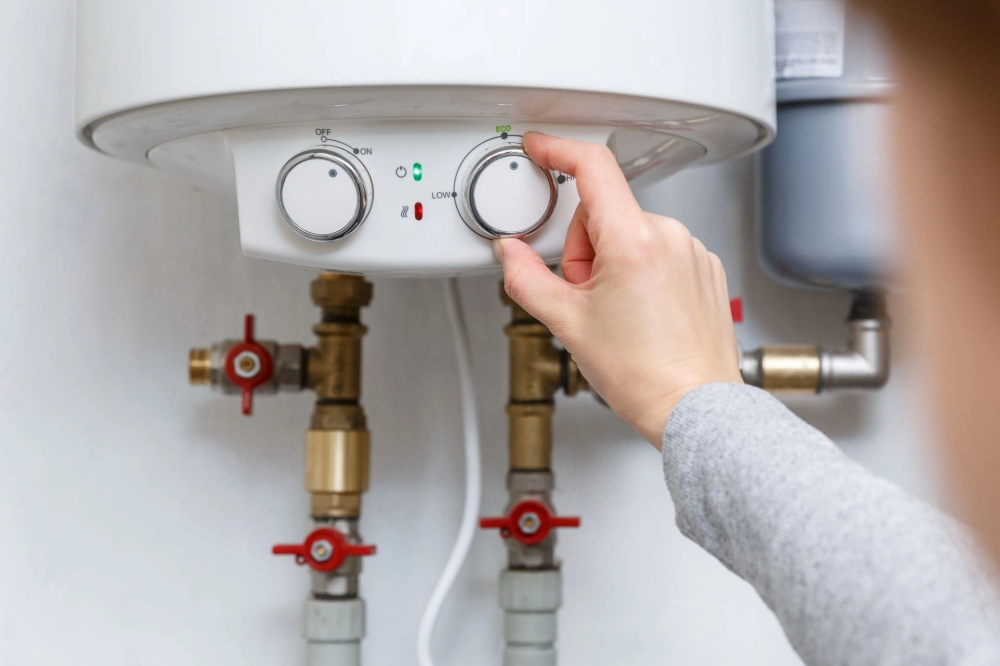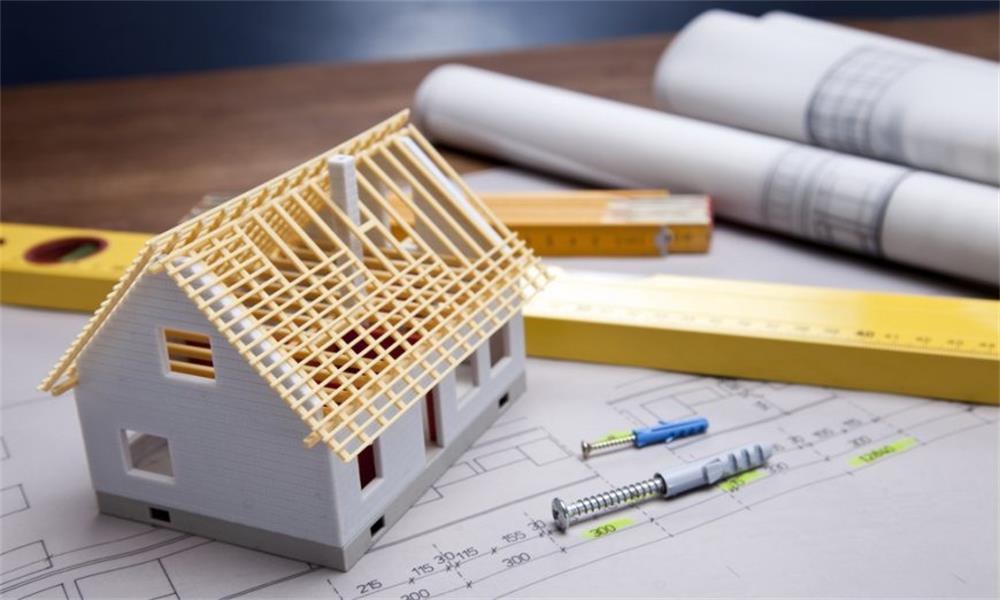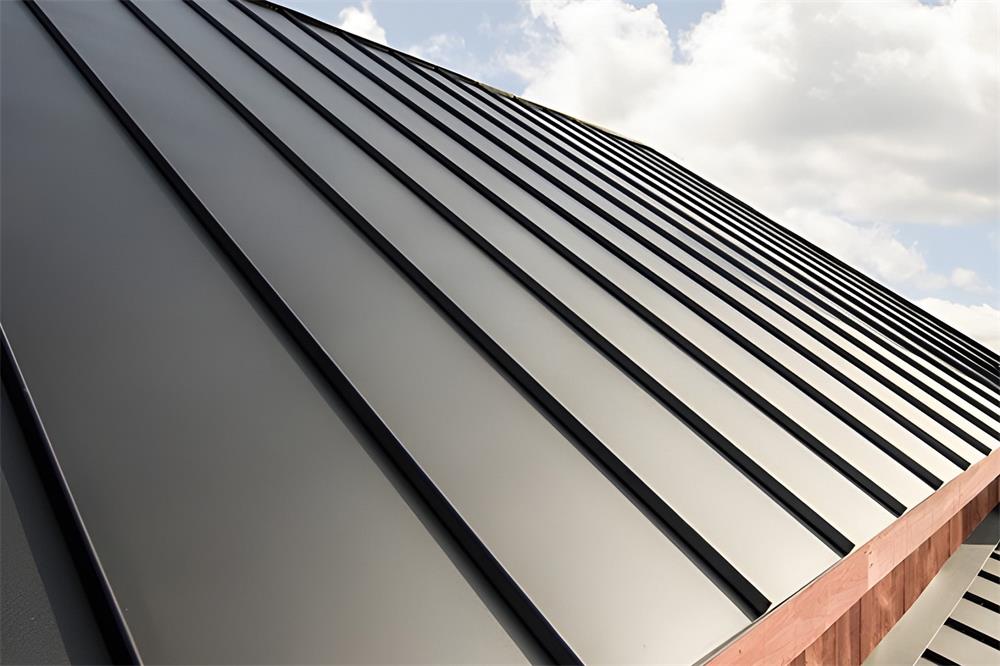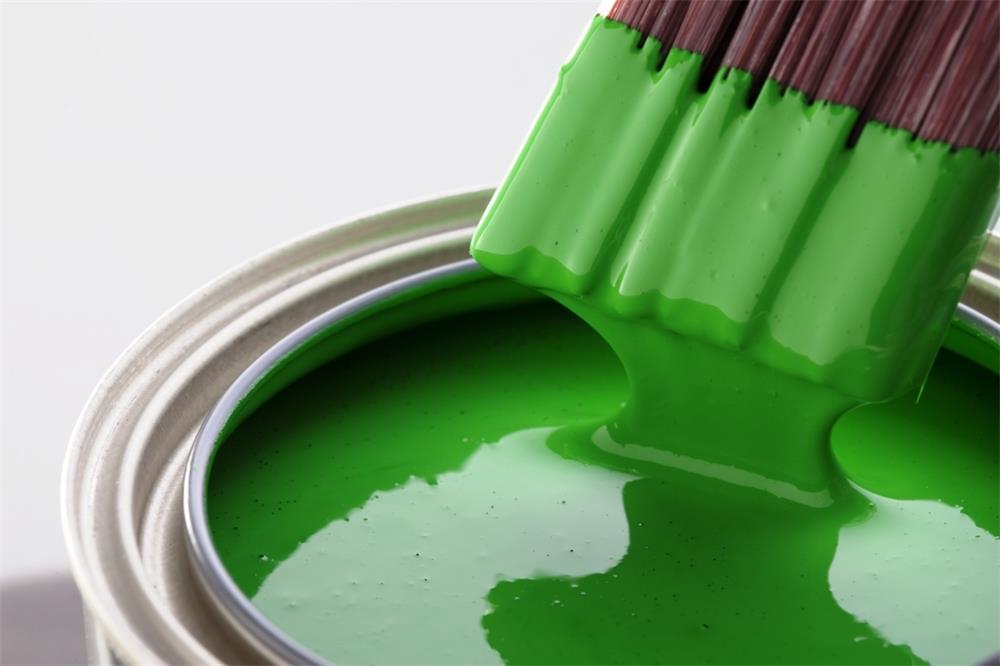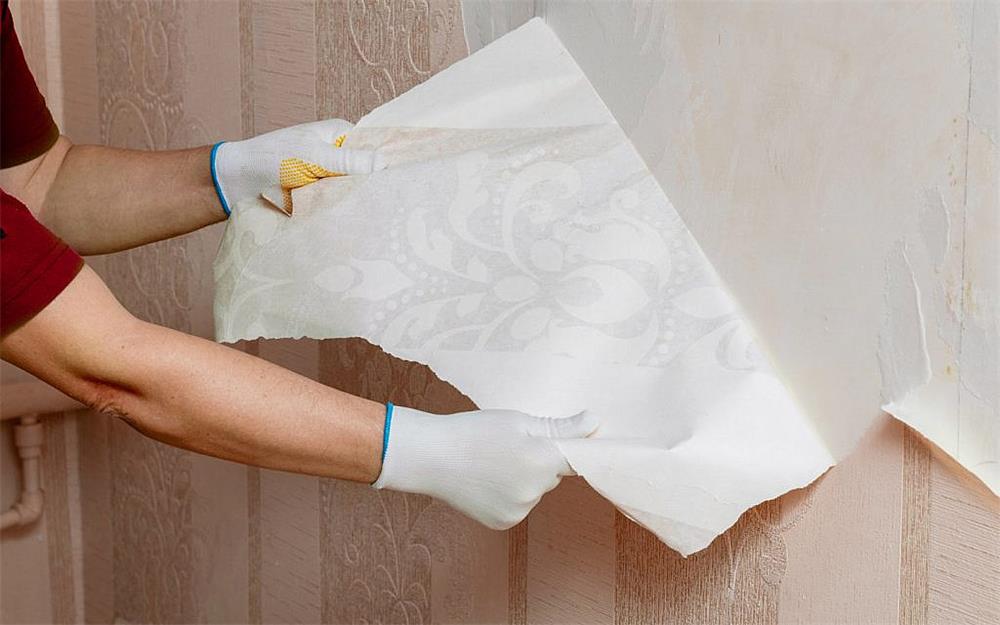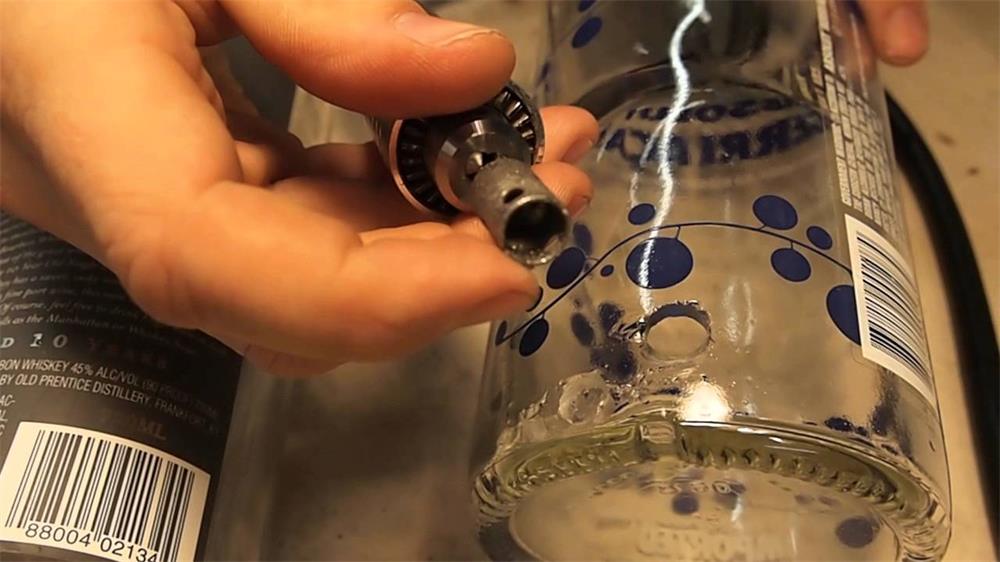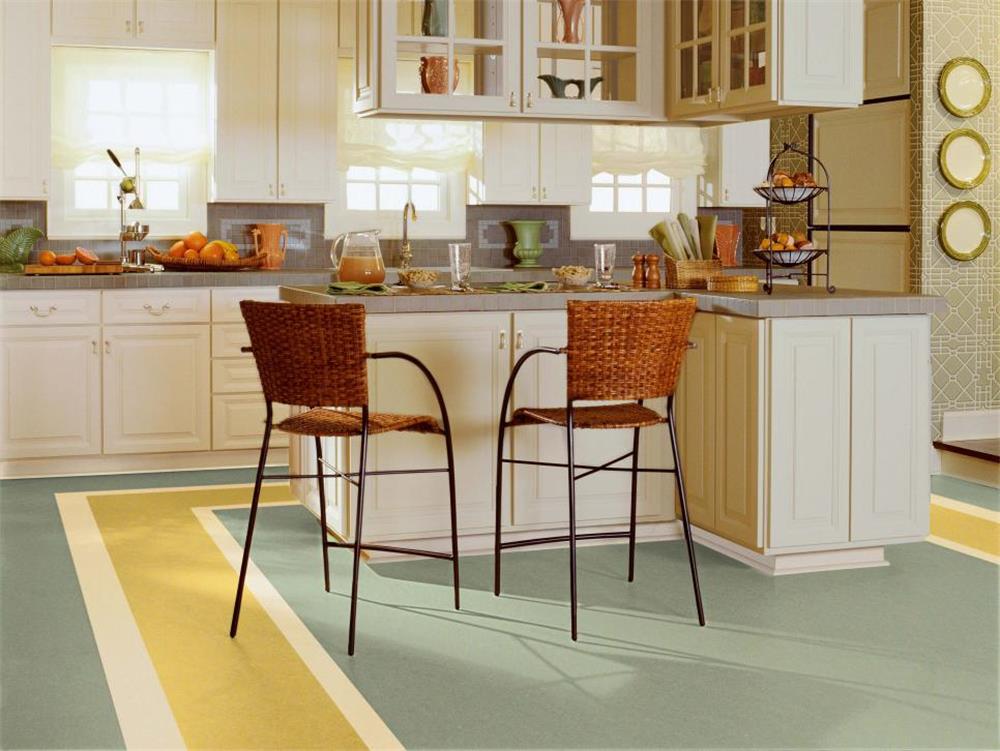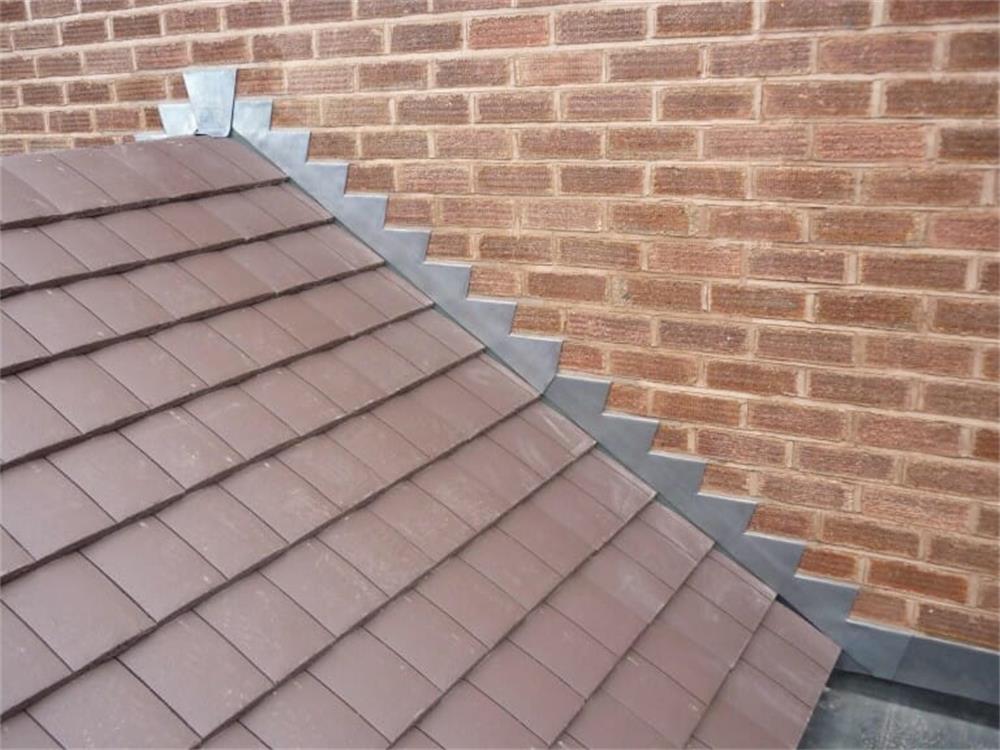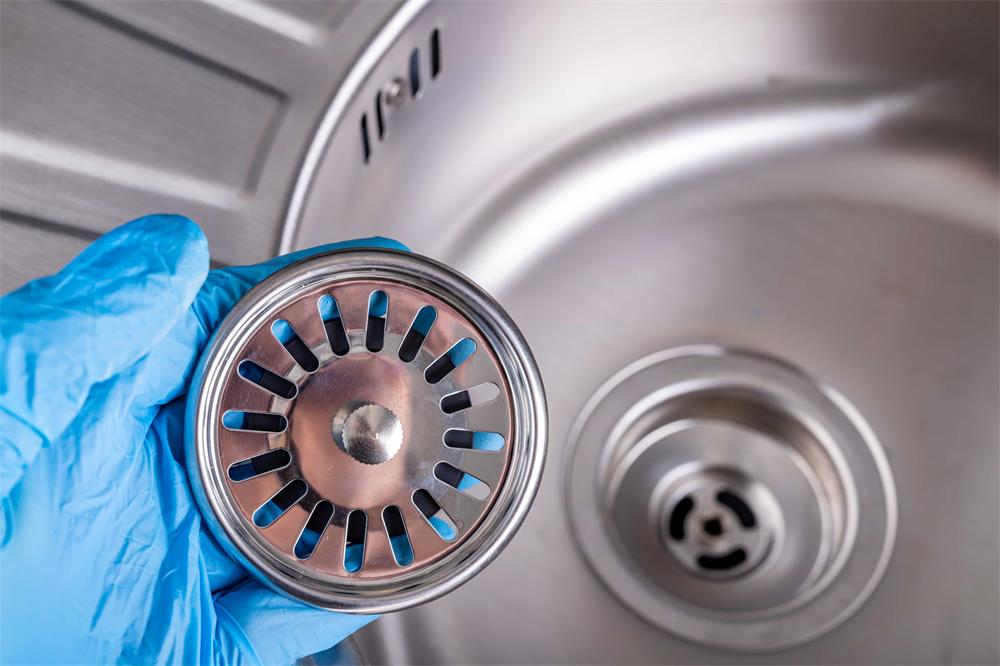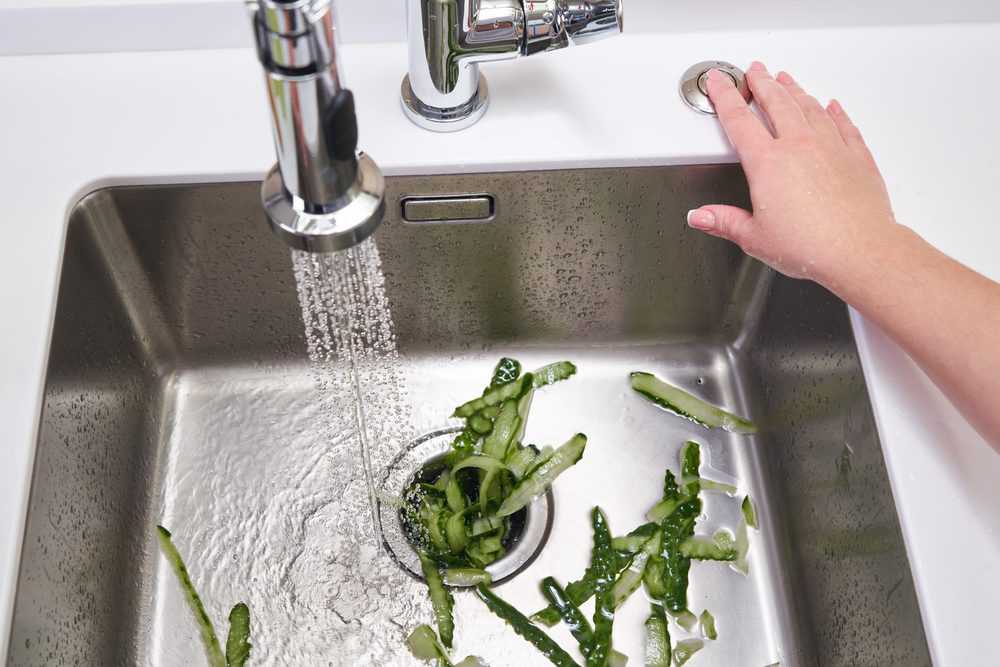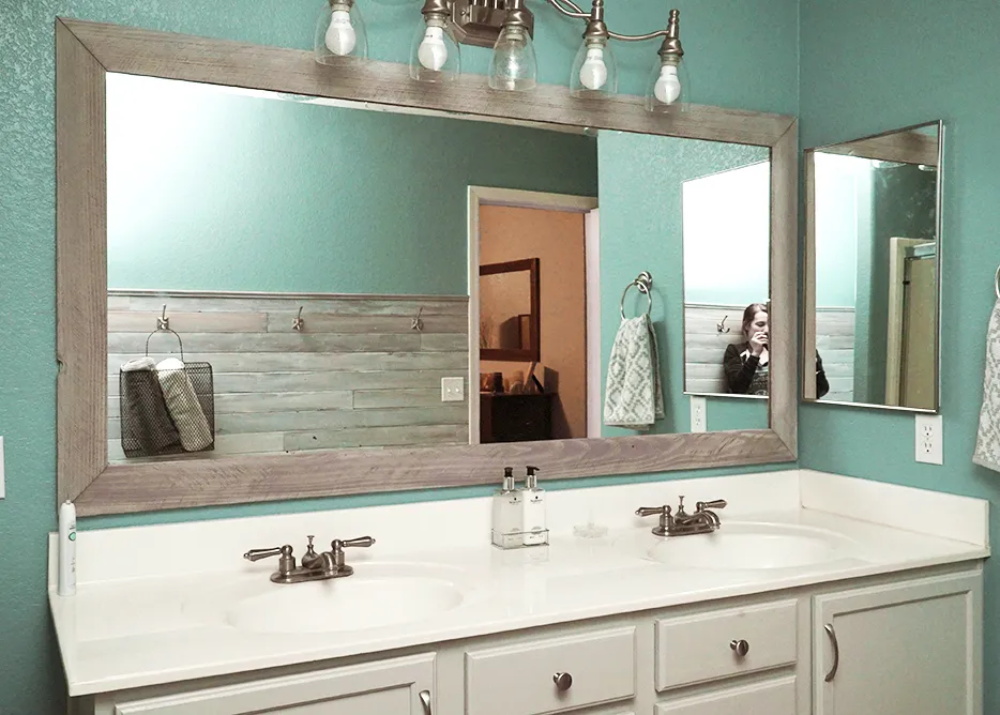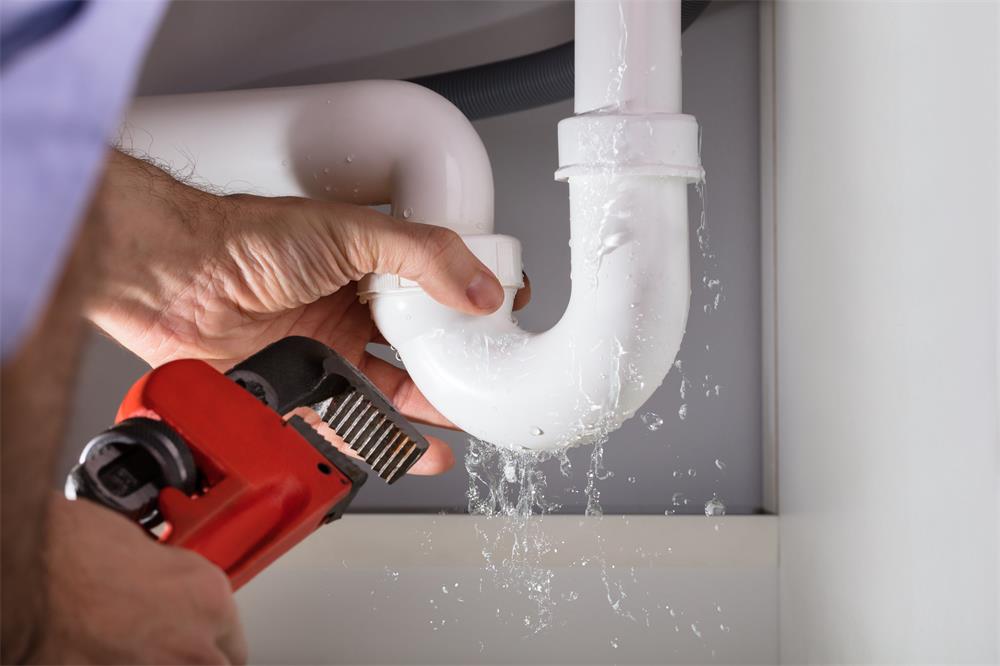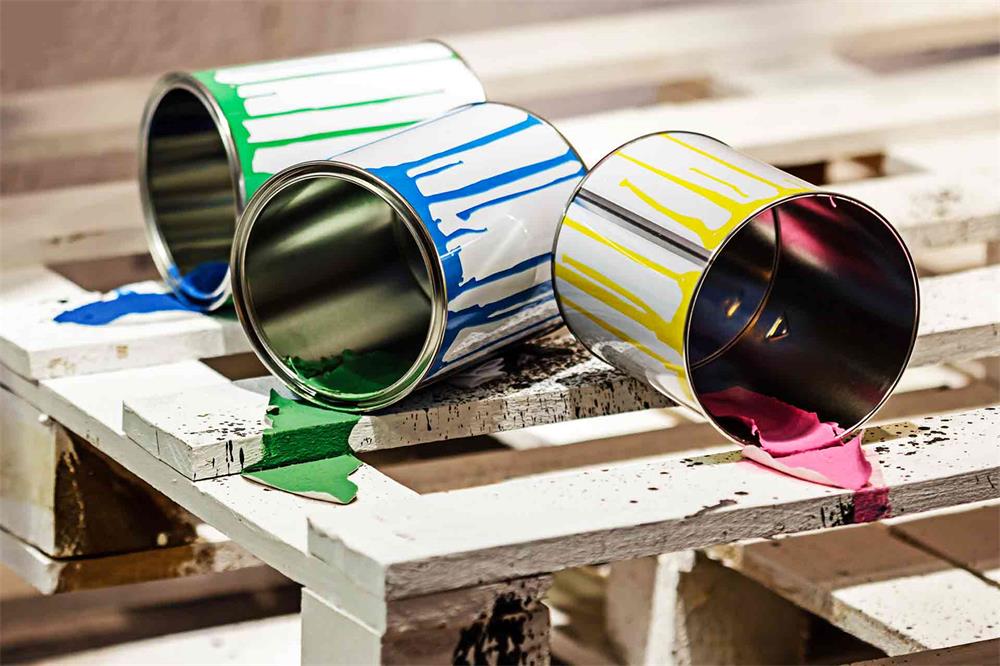Contents
A hot water boiler is a device that heats water and distributes it to radiators or radiant heating systems for space heating. It can be powered by natural gas, heating oil, propane, electricity or a biodiesel-oil blend. A hot water boiler is different from a water heater, which provides domestic hot water for cleaning, personal use, and appliances.
If your hot water boiler is not working properly, you may need to troubleshoot some common problems and repair or replace some parts. Here are some steps you can take to fix your hot water boiler:
Check the Water Level
The first thing you should do is check the water level in the boiler. If the water level is too low, it can cause the boiler to overheat and damage the heat exchanger. You can check the water level by looking at the pressure gauge or the sight glass on the boiler. The pressure gauge should read between 12 and 15 psi when the boiler is cold. The sight glass should show about half-full of water. If the water level is too low, you can add more water by opening the water feed valve until the pressure gauge reaches 12 psi.
Check the Pilot Light
If your boiler has a pilot light, you should check if it is lit. The pilot light is a small flame that ignites the main burner when the thermostat calls for heat. If the pilot light goes out, the boiler will not heat up. You can check the pilot light by looking at the burner chamber or following the instructions on your boiler manual. If the pilot light is out, you can relight it by turning off the gas valve, waiting for a few minutes, and then following the steps on your boiler manual.
Check the Thermostat
The thermostat is a device that controls when the boiler turns on and off based on the temperature setting. If the thermostat is not working properly, it can cause the boiler to run too much or too little. You can check the thermostat by setting it to a higher or lower temperature and seeing if the boiler responds. If the thermostat does not respond, you may need to replace it or call a professional.
Check the Circulator Pump
The circulator pump is a device that moves hot water from the boiler to the radiators or radiant heating systems. If the circulator pump is not working properly, it can cause some rooms to be too hot or too cold. You can check the circulator pump by feeling if it is hot or making noise. If the circulator pump is too hot or noisy, it may be clogged or worn out. You may need to clean or replace it or call a professional.
Check for Leaks
Leaks are a common problem that can affect your boiler’s performance and safety. Leaks can cause water loss, pressure loss, corrosion, and damage to your home. You can check for leaks by looking for signs of water dripping or pooling around your boiler or pipes. If you find any leaks, you should turn off the water supply and gas supply to your boiler and call a professional.
Check for Scale Buildup
Scale buildup is a problem that can affect your boiler’s efficiency and lifespan. Scale buildup is caused by minerals in hard water that deposit on your boiler’s heat exchanger and pipes. Scale buildup can reduce heat transfer, increase fuel consumption, and cause overheating and damage to your boiler. You can check for scale buildup by looking for signs of white or brown crust on your boiler’s heat exchanger and pipes. If you find any scale buildup, you should flush your boiler with a descaling agent or call a professional.
Check for Air in the System
Air in the system is a problem that can affect your boiler’s performance and comfort. Air in the system is caused by air entering your boiler’s pipes through leaks or improper filling. Air in the system can cause noise, uneven heating, and reduced heat output. You can check for air in the system by listening for gurgling or hissing sounds in your radiators or pipes. If you hear any air in the system, you should bleed your radiators or pipes by opening their valves until water comes out.
Check for Carbon Monoxide
Carbon monoxide is a deadly gas that can be produced by your boiler if it is not burning properly. Carbon monoxide can cause headaches, nausea, dizziness, confusion, and death. You can check for carbon monoxide by installing a carbon monoxide detector near your boiler and following its instructions. If you detect any carbon monoxide, you should turn off your boiler
Call a Professional
Some problems with your hot water boiler may be too complex or dangerous for you to handle by yourself. If you are not sure what is wrong with your boiler or how to fix it, you should call a professional plumber or heating contractor. A professional can diagnose and repair your boiler safely and efficiently. A professional can also perform regular maintenance on your boiler to prevent future problems and extend its lifespan.
Replace Your Boiler
If your hot water boiler is too old, inefficient, or damaged beyond repair, you may need to replace it with a new one. Replacing your boiler can improve your home’s comfort, energy efficiency, and safety. You should consult a professional to help you choose the best type and size of boiler for your home and budget. You should also hire a professional to install your new boiler according to the manufacturer’s instructions and local codes.
Conclusion
A hot water boiler is an important part of your home’s heating system. If your boiler is not working properly, you should troubleshoot some common problems and repair or replace some parts. You should also check for leaks, scale buildup, air in the system, and carbon monoxide. If you need help with your boiler, you should call a professional or replace your boiler with a new one.

